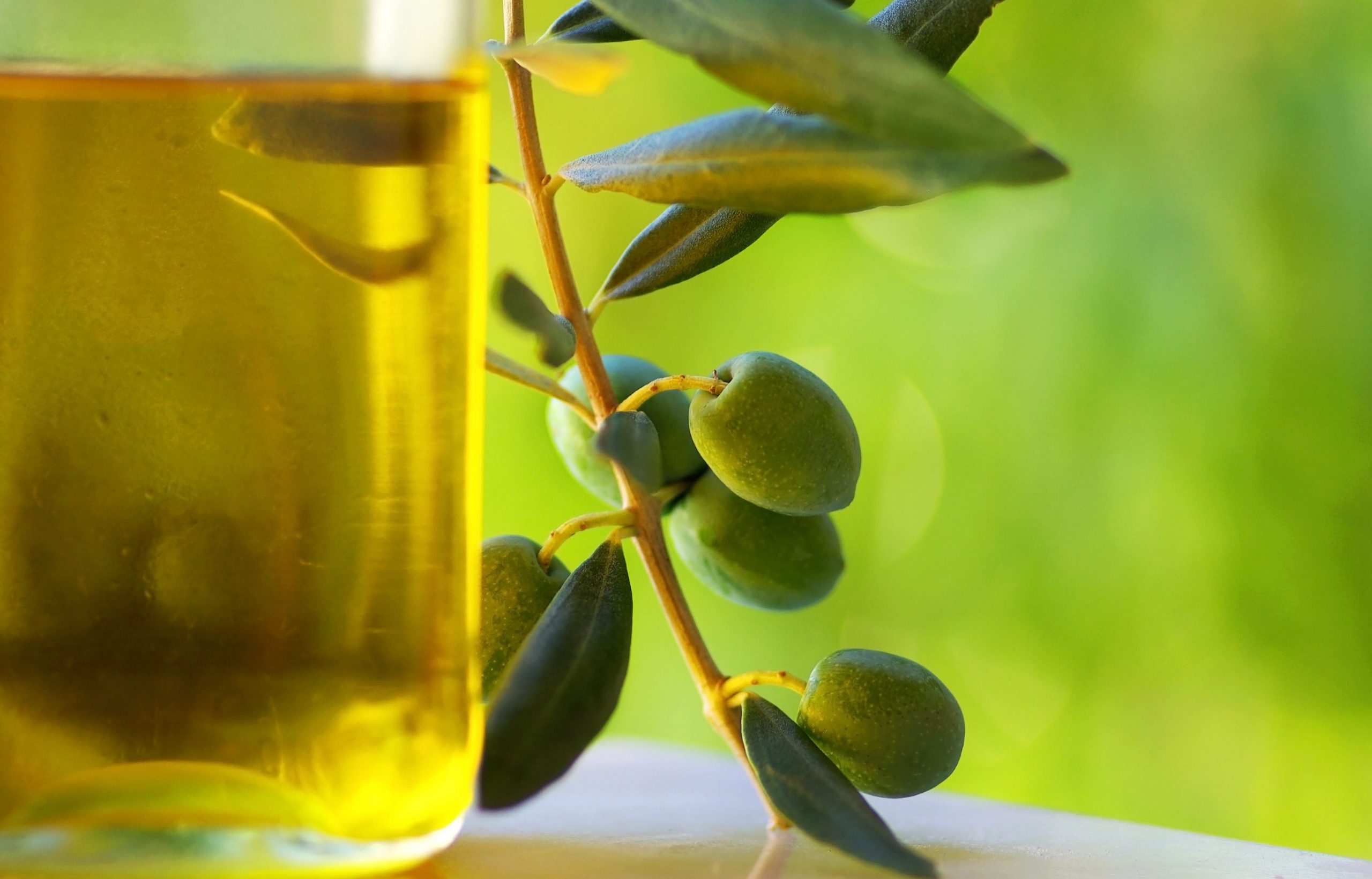Consumers paying premium prices for extra virgin olive oil, counting on its nutritional value and health benefits, are facing an influx of adulterated and irregular cooking oils in the market. Olive oil adulteration usually involves mixing with lower-grade seed oils and natural colorants to alter its appearance.
According to inspections conducted by the Hellenic Food Authority (EFET), irregularities and adulterations in standardized olive oils have surged, reaching nearly 15% of the total samples examined by 2022, as per market reports since 2019.
EFET, in compliance with regulations, inspects one sample per 1,000 tons, with the majority of inspections targeting standardized olive oils.
In 2022, a 41% smaller number of samples were examined due to reduced production compared to 2021 when 327 samples were examined, of which 9.4% were non-compliant.
EFET’s General Director, Panagiotis Vasilopoulos, highlights that in most non-compliant olive oil samples, the organoleptic characteristics (taste, aroma, color, etc.) didn’t align with the quality category stated on the label.
Recent laboratory tests by EFET revealed approximately 10% of the samples to be irregular. These samples either contained adulterations or were of lower quality than declared.
For this year, EFET plans 350 sampling sessions: 258 for exceptional virgin, 52 for virgin, 20 for blended olive oil, 10 for seed oil, and 10 bulk samples, with results expected in January 2024.
In 2022, branded standardized olive oil sales reached €100 million, yet in the current 9-month period, sales values dropped by 3.4%, with a 26.5% decrease in liters sold, due to considerable price increases on shelves.
Prices for virgin olive oil reached up to €16.58 per liter (data as of 8/12/2023), while exceptional virgin oils, according to major chain stores, touched €18.1 per liter. Given this year’s projected production of not more than 120-130 thousand tons, prices are expected to keep rising.
The rise in irregularities and adulteration threatens the integrity of the olive oil market, impacting consumer trust and the efforts of genuine producers committed to quality.




